The Tale of The Stars, is a trilogy consisting of Sitaraha – The Stars, followed by Who Lights The Stars? and As The Stars Fall.
This trilogy delves into the narratives of women, allowing them to share their lived experiences in their own voices and from their own memories of body and mind. Each play reveals the unique experiences of different women as they navigate daily violence and war in various historical periods of Afghanistan.
As The Stars Fall
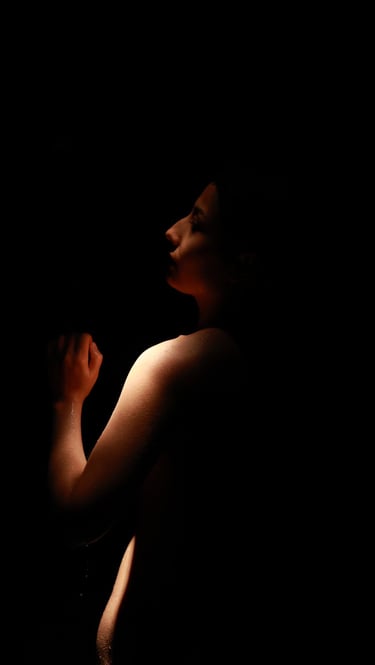

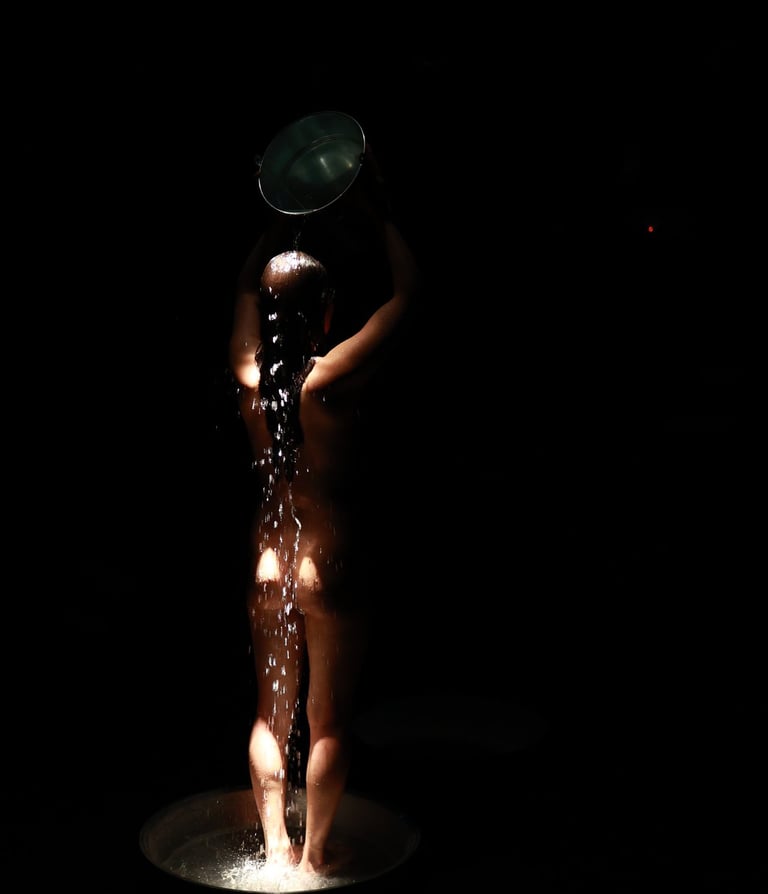

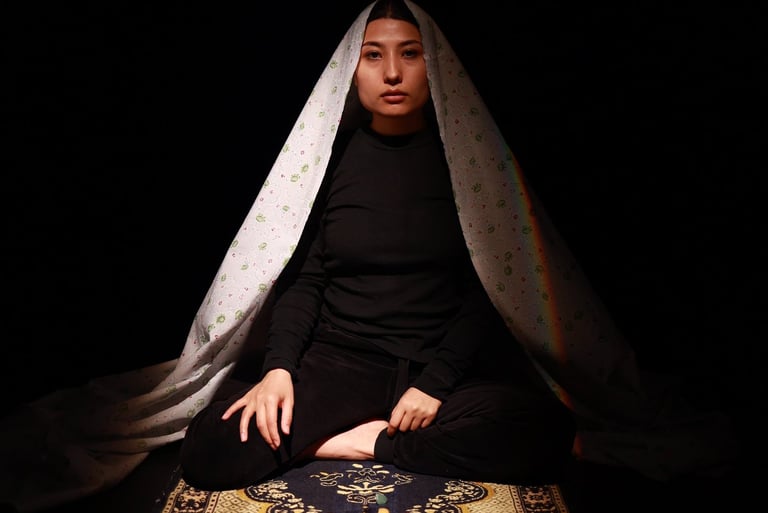


About the Play
As the Stars Fall, is rooted in memory—but it speaks to a global reality.
In this piece, Monirah Hashemi explores domestic violence and the weight of structural silence. What does silence mean for a perpetrator? What does it mean for a victim? How can silence be broken? And how do we liberate the narratives of lived experience from the grip of patriarchy, shame, stigma, and institutional erasure? Does reclaiming the right to tell one’s story lead to a better, more equal society? Can the act of narration itself be a form of liberation?
This autobiographical performance is an act of resistance—part of a growing chorus of women across the world reclaiming the right to speak, to remember, and to be heard. It is a contribution to a collective voice. An act of defiance—and of solidarity—for every woman who has dared to tell her story, and for every woman still waiting to.
Trigger Warning
This performance contains nudity and themes and depictions of violence, trauma, sexual abuse, and oppression that may be distressing or triggering for some audiences. Viewer discretion is strongly advised.
Artistic Team
Playwright & Director: Monirah Hashemi
Performers: Mahdiyeh Hashemi, Monirah Hashemi
Music: Mattias Pérez
Advisors: Sophia New, Edit Kaldor, Keyvan Sarreshteh
Dramaturgs: SallyO'Neill
Choreography: Tuva Hildebrand
Photo: Jan Michelsen & Jelena Pajic
Institution: The performance is Monirah Hashemi's graduation work within the Masters Performing Arts as Critical Practice at Malmö Theatre Academy.
Performance Details
Duration: 75 minutes
Age: 18+
Looking Ahead: I am excited to bring this play to more audiences and am actively planning additional tours.
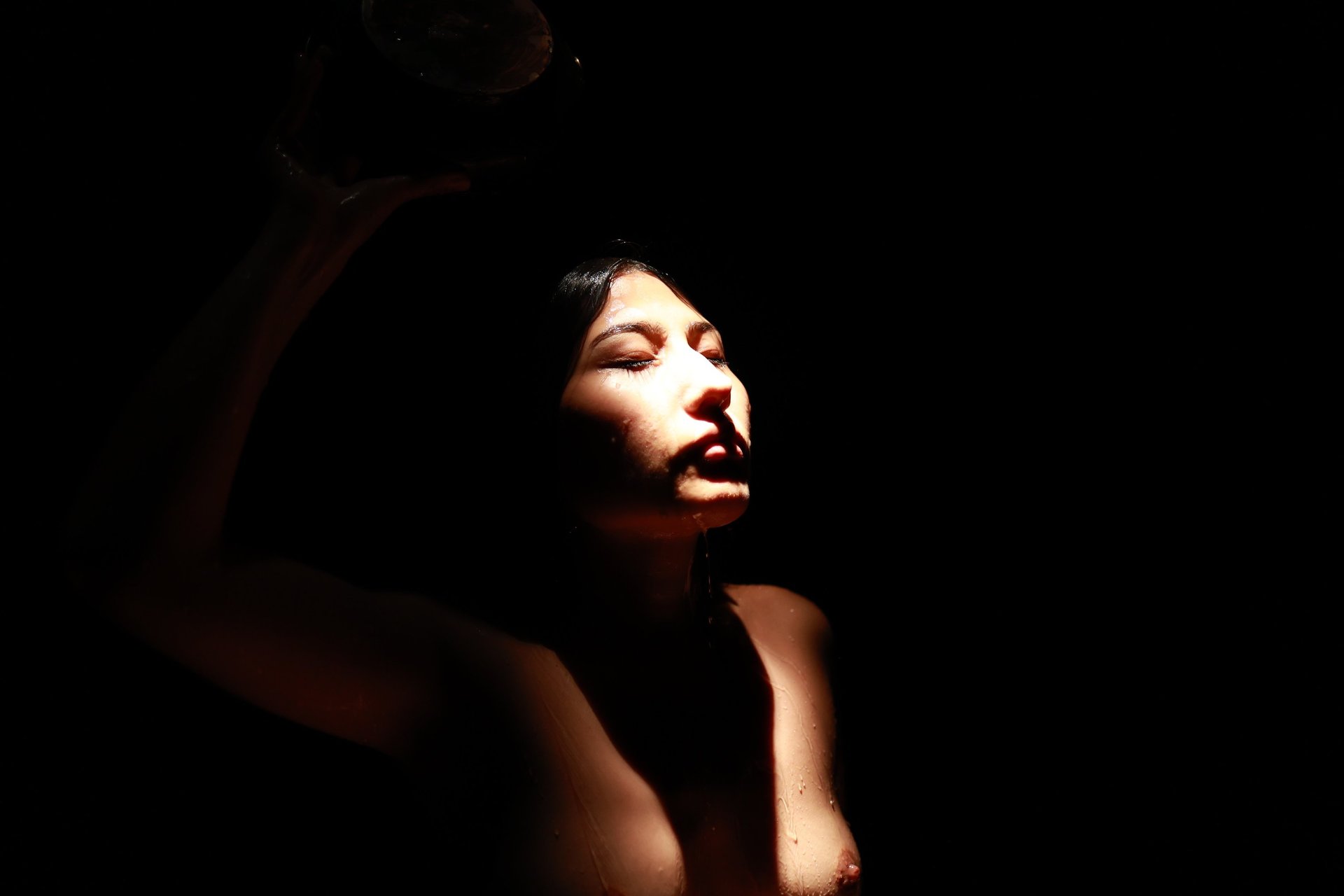
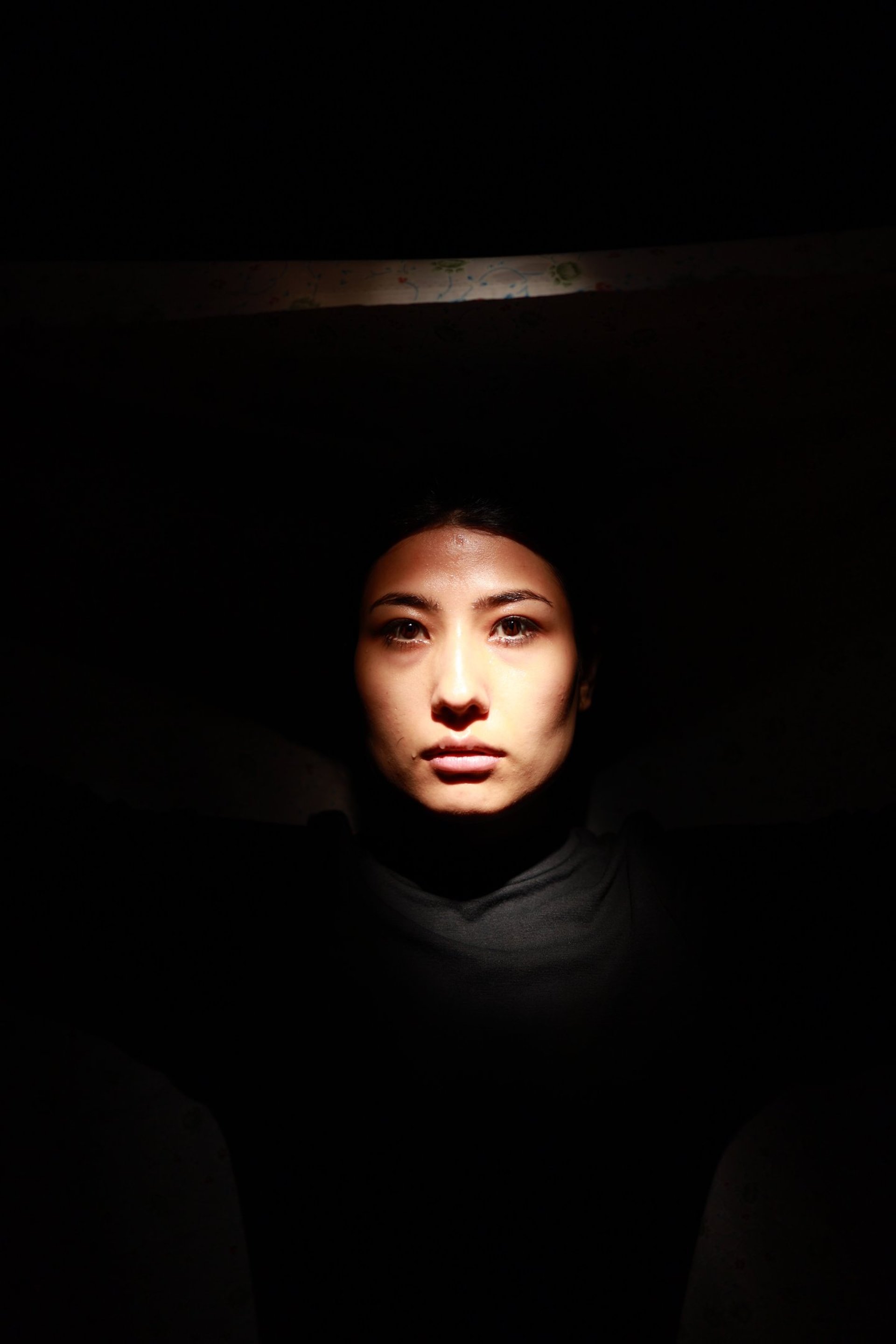
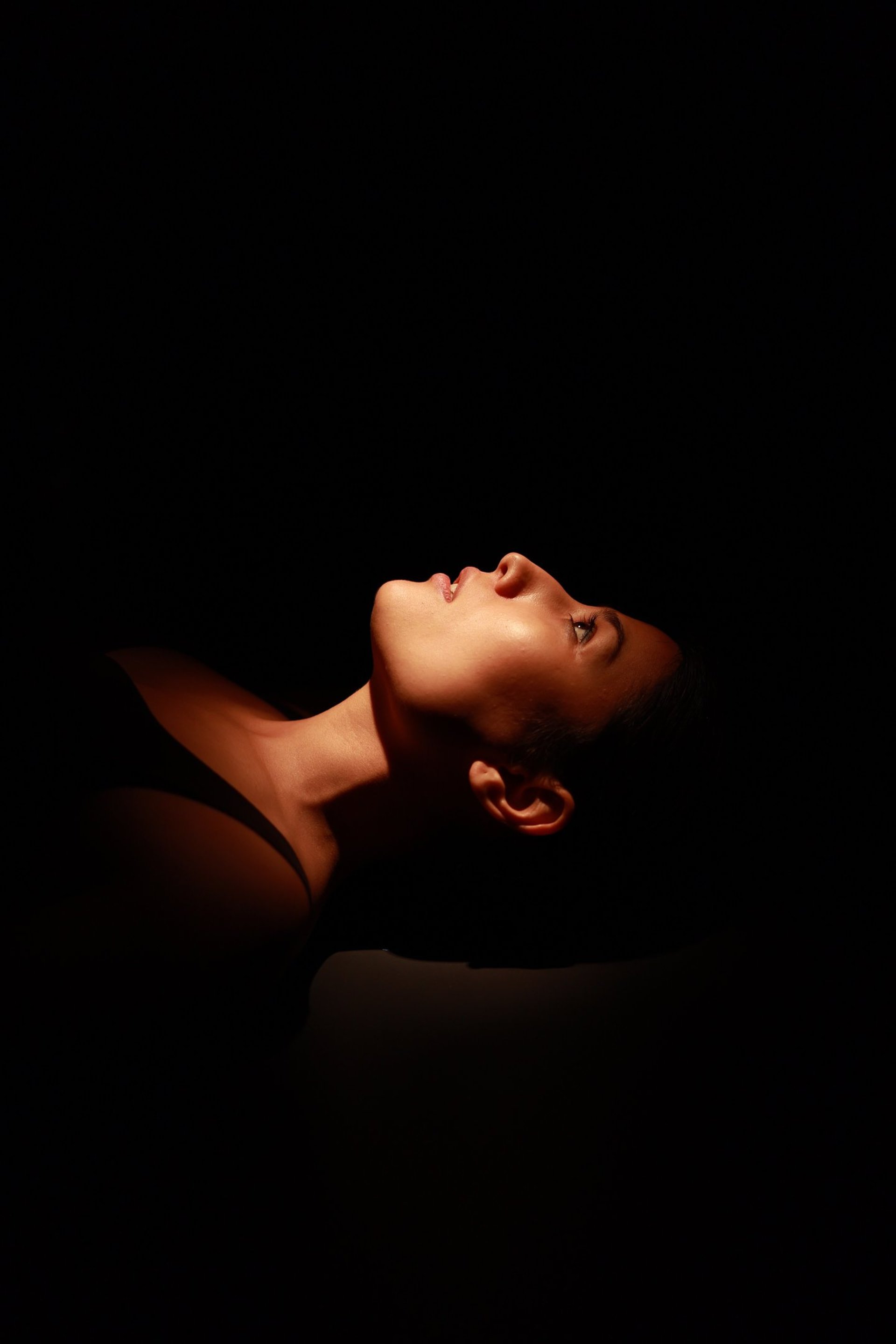
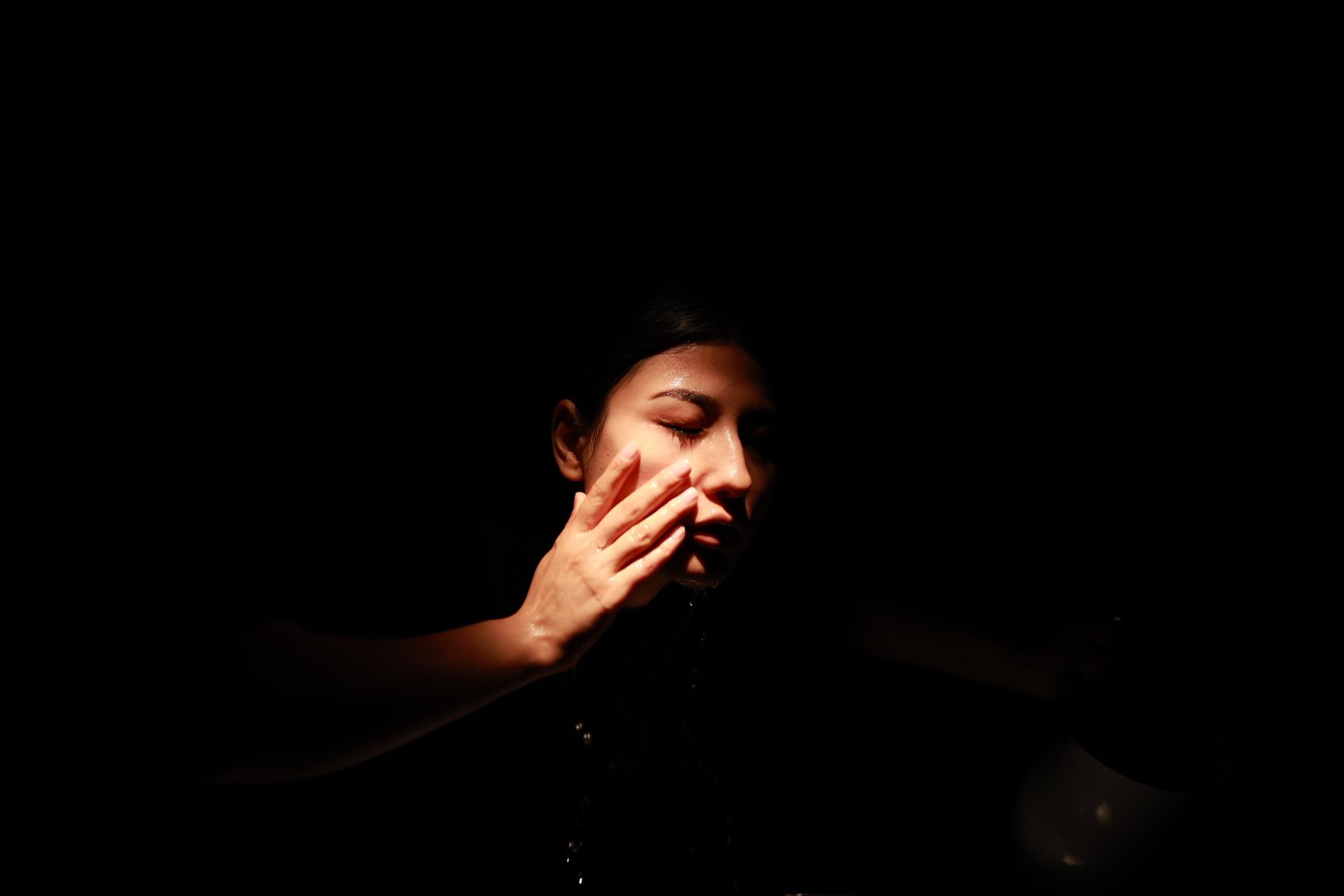
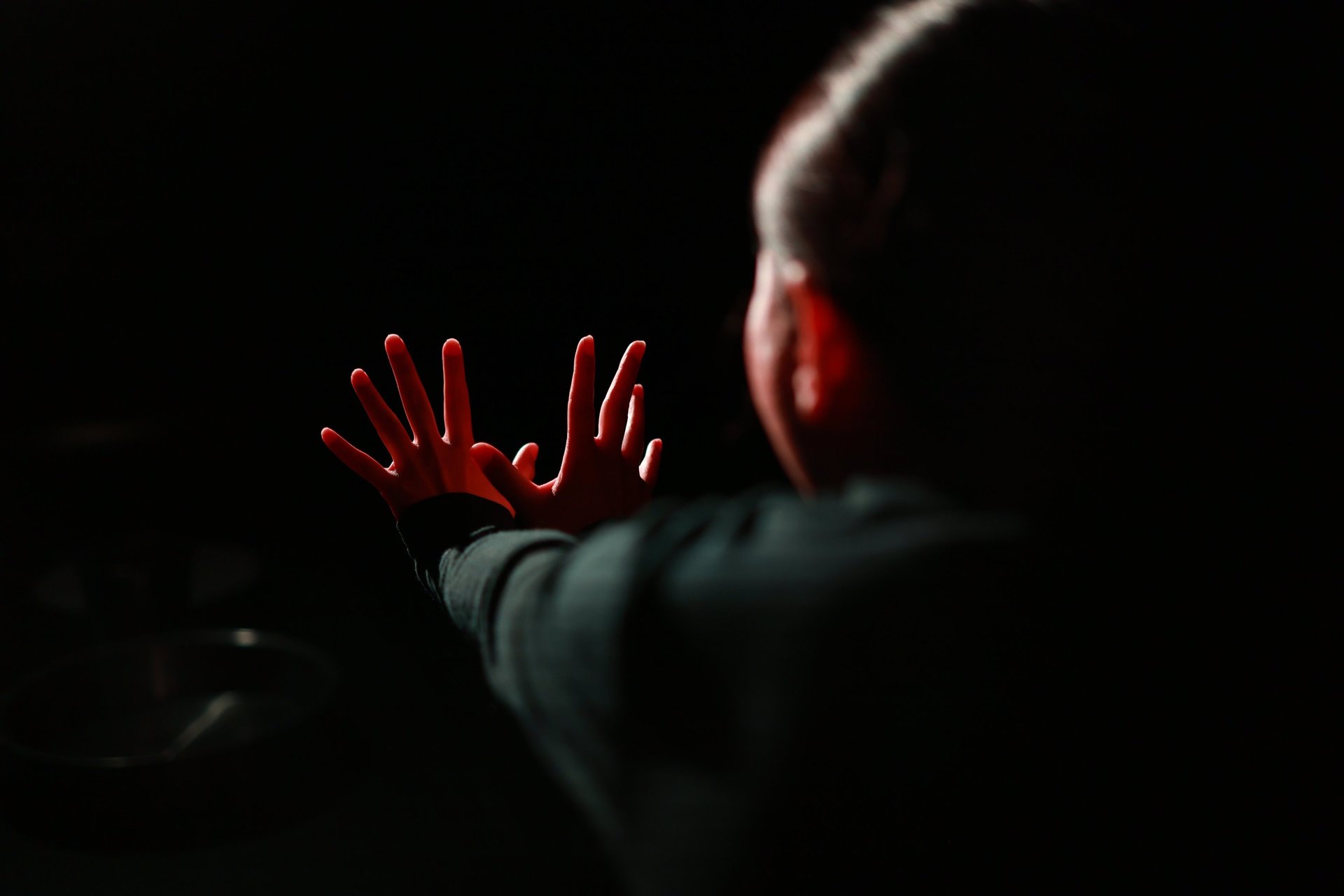
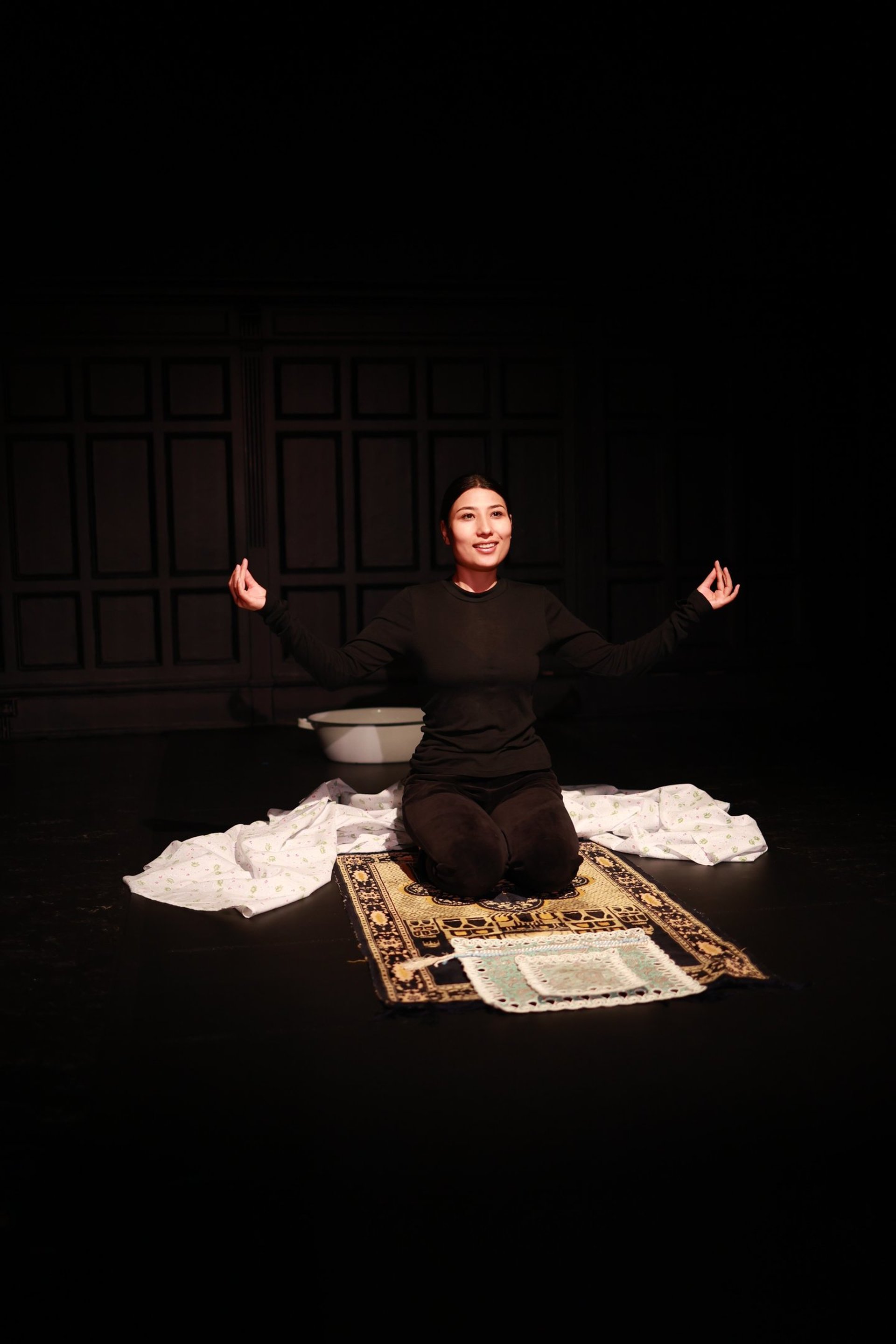
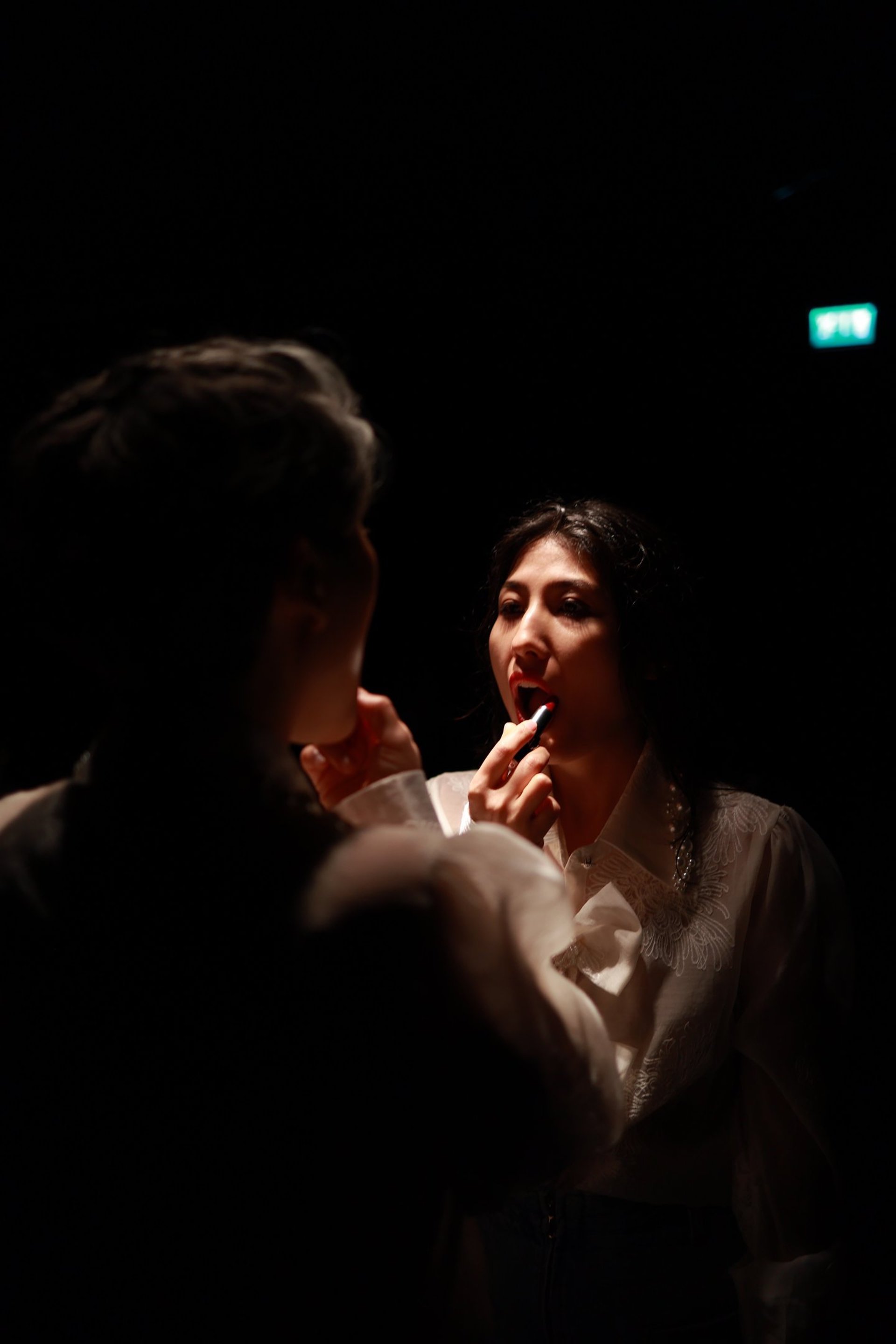
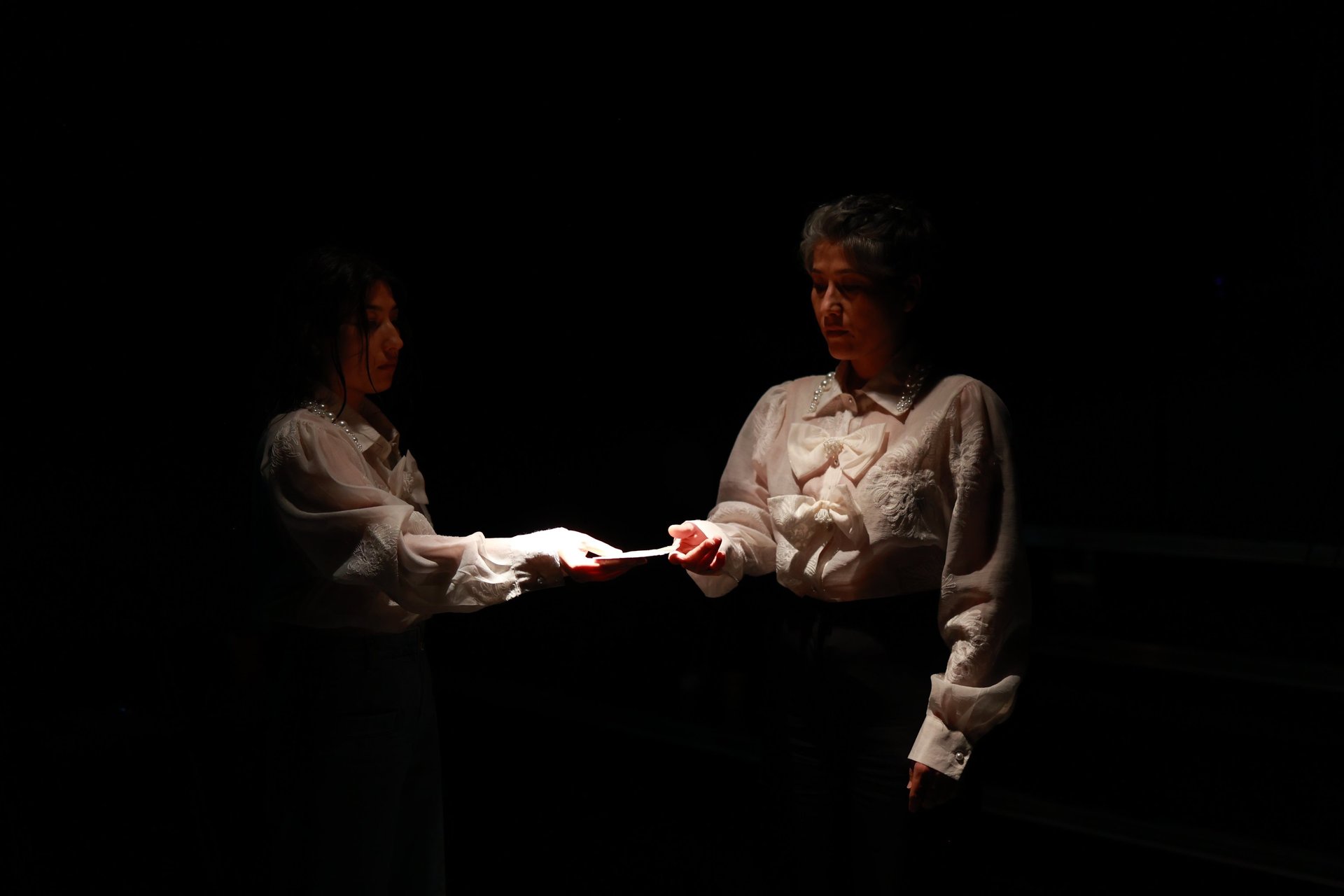
Who Lights the Stars?
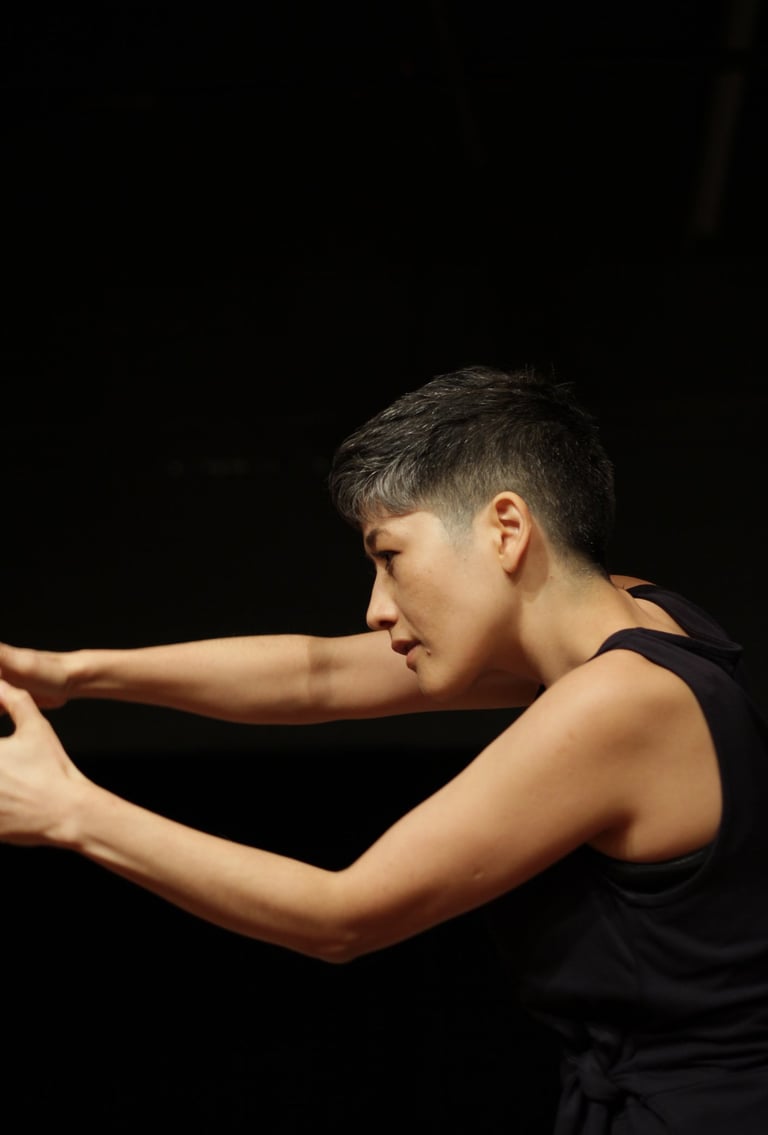

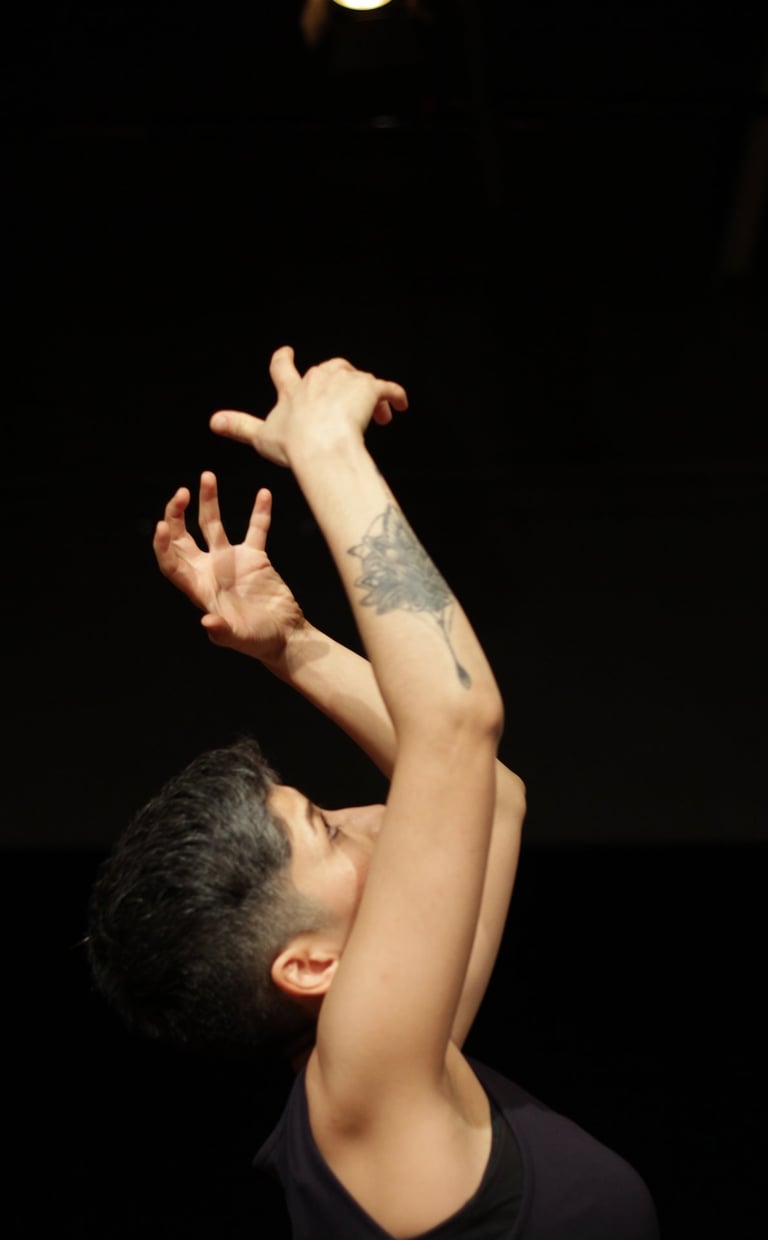

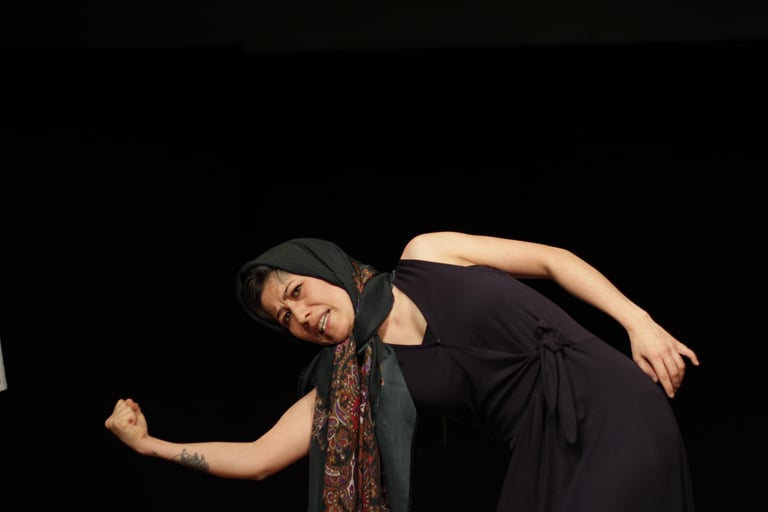

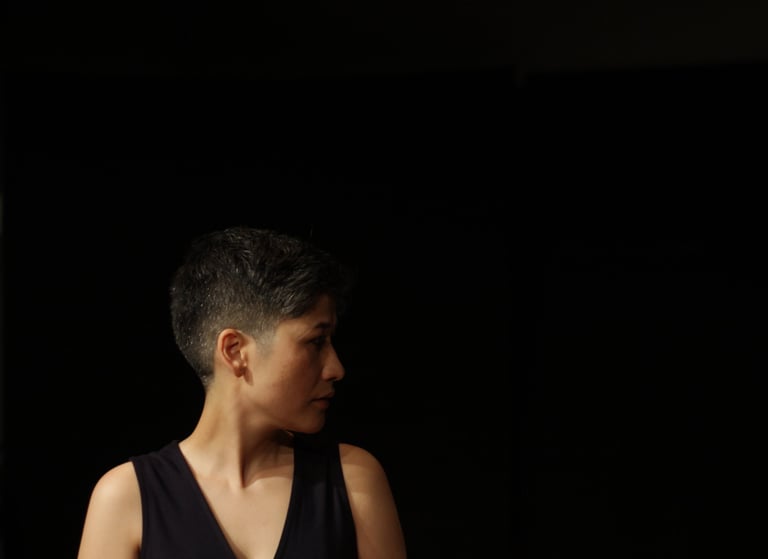

©Sara Svärdsén
Who Lights the Stars? unearths a haunting past, revisiting the darkest corners of memory. Told through the lens of children and women, the story unfolds in fragmented recollections, blurring the lines between past and present. It explores silence and the brutal reality of patriarchal oppression, but it also delves into remembrance and resilience.
Through storytelling, Who Lights the Stars? examines the resilience of the human spirit and the transformative power of reclaiming one’s own story. At its core, this is a story of survival, of breaking free from silence, and of seeking light in the darkest of nights. It is a tribute to all those who have faced unthinkable adversity and have found the strength to rise again.
Creative team:
Text: Monirah Hashemi
Director: Leif Persson
Actor: Monirah Hashemi
Music: Mattias Perez
Choreography: Håkan Mayer
Translation: Tina Bergenbrink
Photography: Sara Svärdsén
Sitaraha - The Stars

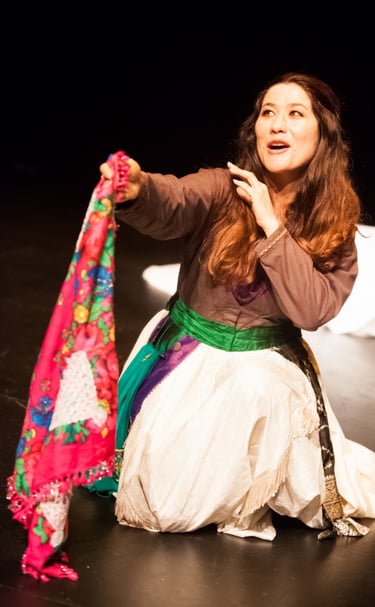

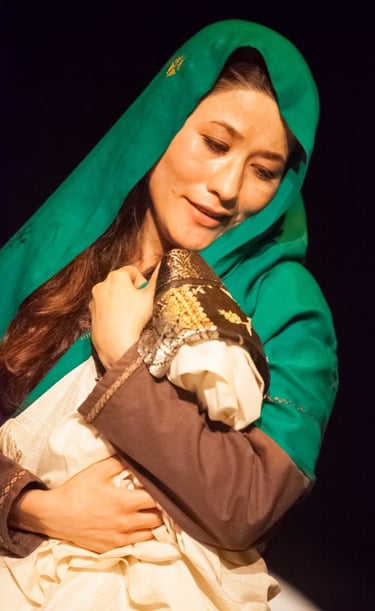

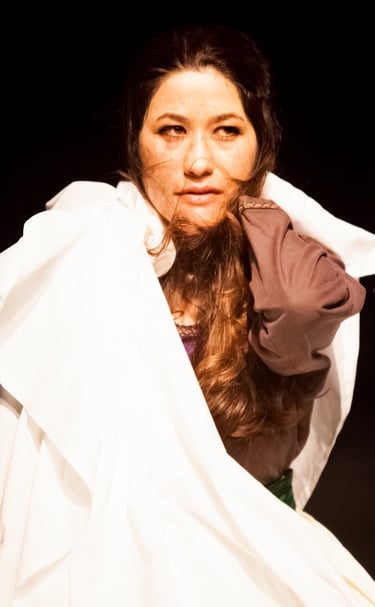

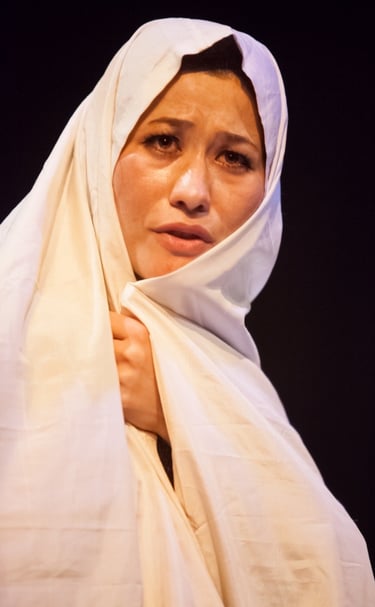

©FemFest 2015
©Janet Shum
©HofFestSpiele2017
©David Winnerstam

Artistic team
Script and actor: Monirah Hashemi
Director: Leif Persson
Scenography: Leif Persson & Per Thorén,
Lighting design: Per Thorén
Music: Mattias Perrez & Leif Nahnfeldt
Costume: Inger Stinnerbom
Choreography: Susanne Berggren & Monirah Hashemi
Photo: Dahyu Hashimi
Translation: Banafshe Hejazi & Tina Bergenbrink, Production: Teater DOS, Simorgh Film Association of Culture and Art & Riksteatern Värmland
Producer: Riksteatern

Sitaraha is a moving performance about the lives of three women during different time periods in Afghanistan. Halima, is to be stoned for being raped by her stepson; Gul Belgum, who lost her family in the war of 1892; and Sara, who lives through the brutal civil war of the 1980s. This interwoven testimony document and tell women's history from Afghanistan.
